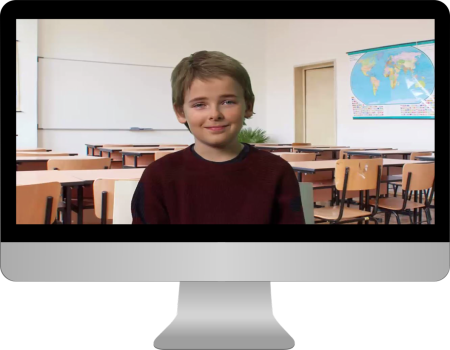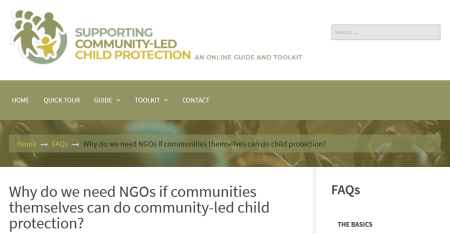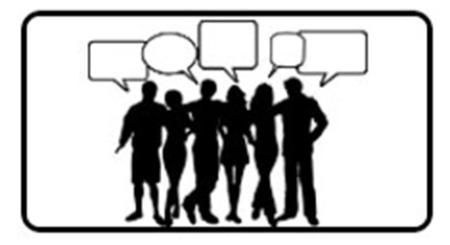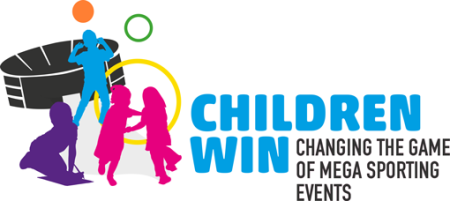
New political guidelines by the Hintalovon Child Rights Foundation offers guidance and personal assistance to politicians in respecting children's rights.
The use of children in political campaigns can be prevented. Any party or politician who campaigns with children is in violation of children’s rights. Politicians doing so are often unaware of this violation, therefore the Hintalovon Child Rights Foundation has compiled a specific list of minimum rules that must be followed to avoid such encroachments. The Foundation offers personal assistance to help politicians become acquainted with the guidelines and to introduce self-regulatory processes. Knowledge of these minimum standards can also aid voters in identifying the politicians who take children’s rights seriously.
Despite vowing to take children’s rights issues seriously during their campaigns, most political parties have frequently violated those rights. Almost all political parties misuse children’s data or use recordings from kindergartens or schools, children in photos and/or videos who are unaware of being filmed. Warnings from the ombudsman, fines or the regulations of civil law have not been enough for campaign managers to take this seriously: children are not campaign tools. A child is not a decoration, but a person under the age of 18 who has rights. Politicians needn’t dance, recite poems or cut ribbons with them, but rather ask their opinion on questions that concern them. When a child is used instead of involved, he/she is not respected as a person. This is at the core of the Hintalovon Child Rights Foundation political guidelines by which they would like to discourage politicians from using children in their campaigns.
The violation of children’s rights is often unconscious and preventable. Often campaign managers are unaware that their actions are illegal. In order to avoid this, the following guidelines set out, in detail, the minimum rules to be followed in all circumstances. It is an important goal of the guideline to support the self-regulatory process of political parties: to ensure the observance of children’s rights, political actors should assume responsibility for their actions and establish an internal set of rules for the involvement of children in political campaigns.
Understanding and raising awareness of these minimum standards is also important for voters to identify the political players who actually take children’s rights and interests seriously.
The Minimum Rules
Children should not be excluded from politics, but should be involved in questions that concern them. This cannot be achieved by making recordings of them, but by consulting them on matters that they relate to. A good campaign is where the child is not only present, but participates in a meaningful way. The self-check questions and specific production suggestions in the guidelines help with that. The authors of these guidelines are available to assist anyone who wants to ensure that children can properly and actively participate in a political campaign.
THE MINIMUM RULES FOR CHILDREN’S RIGHTS IN POLITICAL CAMPAIGNS:
- A child cannot be a tool to achieve political goals.
- A child’s participation cannot be decided by adults.
- Active involvement of a child supposes that they are of a certain age and of adequate maturity; children under the age of 14 are not to be involved in political communications under any circumstances.
- Do not use children as decorations: children are considered a decoration if they are not present because of their knowledge or opinion, but merely because they are children, and this fact in the given situation is making the event or the actions of the politician appear in a positive light.
- Children are not the target audience of political campaigns.
- The manipulation of children is forbidden. The direct—by the school or parents—and indirect influence of children in order to reach political goals, such as winning votes, is strictly forbidden.
- Kindergartens and schools are no place for party politics.
- Politicians should not visit educational establishments during campaign periods; at other times they should only accept invitations if it is for the support of public education, and if they do not use this to propagate their political actions.
- Politicians should not send any gifts to children, their parents, or those working in public education, or offer any other advantages, except if it is anonymous and cannot be connected to them.
- Politicians should not accept gifts or greetings from children, educational or public care organisations, parents or public educational institutions.
- Politicians should not take photos with children, and should not support the public use of these images. Every occasion when a politician meets a child and is publicly photographed is considered a campaign action and entails the imposition of a fine.
- Do not use children’s personal data or image. Do not make and share recordings where the children involved have not given their consent. This is not allowed in cases where the child is under the age of 14, even if the child or their legal guardian has consented to it. They also cannot use the images of children from photo-sharing websites, especially if the child in the photo is thought to be under the age of 16.
- Respect the civil rights of children: children have the right to participate in local and public matters that concern them.
- Avoid displaying children in a negative light and refrain from using hostile language or language that could result in incitement to hatred, or the visual representation of said things. Under any circumstances, do not communicate anything regarding children that might violate their dignity or their right to a private life, disclosure of information or freedom of expression.
To learn more please visit: Child Rights 101 for Politicians



















